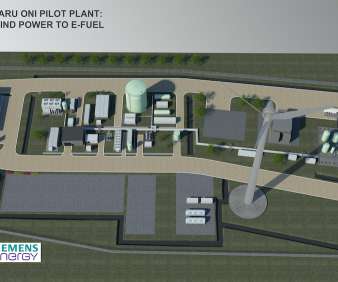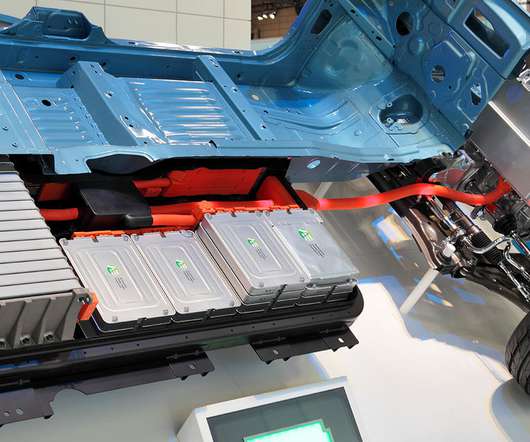Porsche, Siemens Energy and partners advance climate-neutral eFuels development; Haru Oni pilot in Chile
Green Car Congress
DECEMBER 3, 2020
Porsche, Siemens Energy and partners are developing and implementing a pilot project—the “Haru Oni” project—in Chile that is expected to yield the world’s first integrated, commercial, industrial-scale plant for making synthetic climate-neutral fuels (eFuels). Electrolyzers will use wind power to produce green hydrogen.












Let's personalize your content